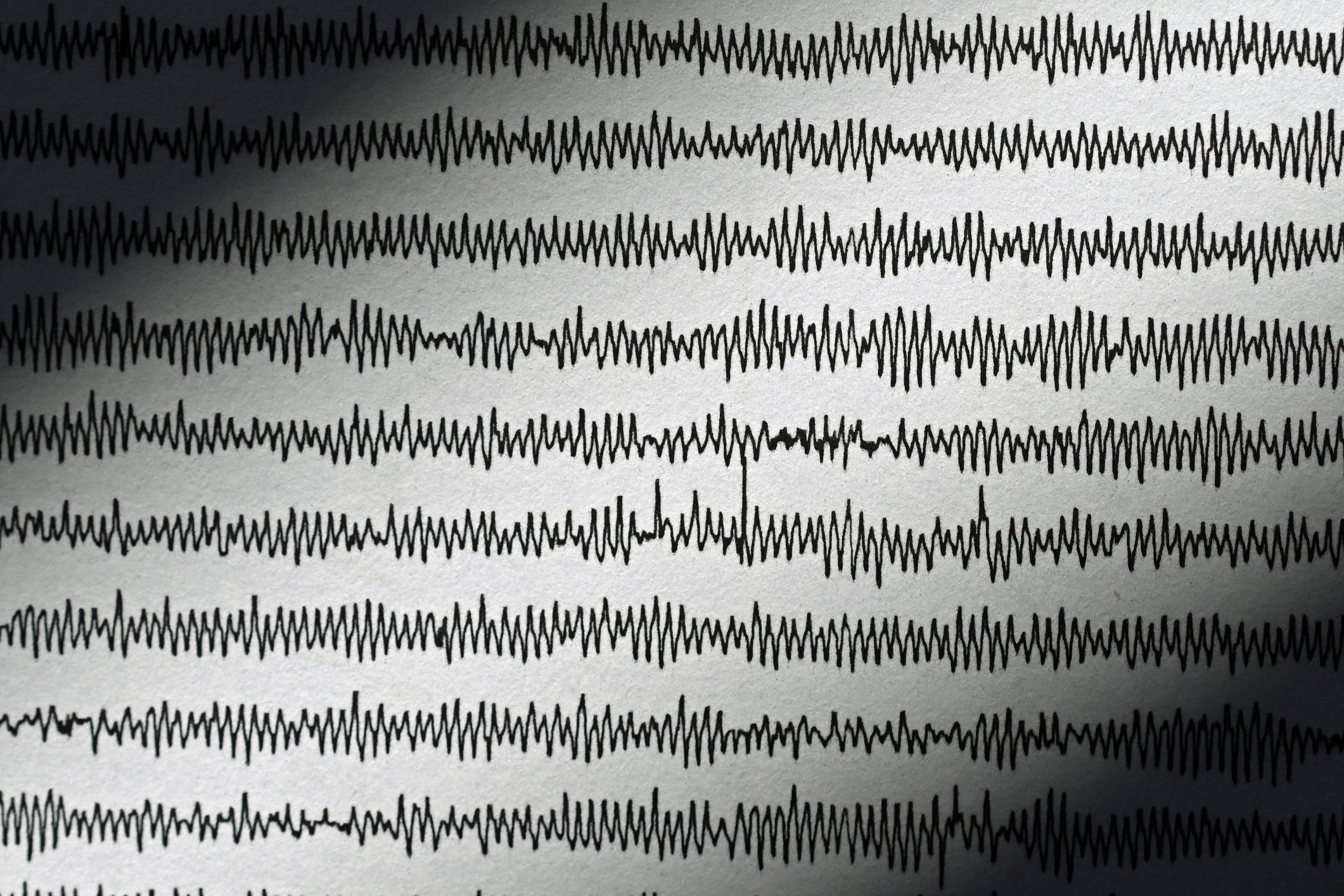A retrospective cohort study published in 2024 analyzed data from patients with acute sinusitis in routine care. On the one hand, it was found that over 70% of patients received a prescription for antibiotics contrary to the guideline recommendations. Secondly, the analysis showed that a herbal medicine containing an extract from the roots of Pelargonium sidoides was used much less frequently than antibiotics, intranasal corticosteroids and other nasal sprays, but had beneficial short- and long-term effects.
Autoren
- Mirjam Peter, M.Sc.
Publikation
- HAUSARZT PRAXIS
Related Topics
You May Also Like
- Phytotherapy for rhinosinusitis
Evidence, active substances and clinical classification for medical practice
- Pulmonary hypertension
PH and lung diseases
- Contact eczema
Causes and prevention at work
- Respiratory infections: viral bronchitis or bacterial pneumonia?
Old crucial question in the light of current findings
- What biomarkers reveal about "biological youth" - and what not (yet)
Epigenetic ageing
- Amyotrophic lateral sclerosis and nutrition
Calorie optimization in ALS through digital intervention
- "Forgotten axis" between plant substances, gut and systemic health
Microbiome and phytotherapy
- HIV: updated EACS guideline











